Welcome to the latest edition of Punished Notes, this time on the biggest game of the year: The Legend of Zelda: Tears of the Kingdom. In this edition, the 29th of its name, I’ll discuss how the game melted my writer brain. After that, I’ll have a Tears of the Kingdom-themed Lightning Round, where I’ll just list a bunch of my favorite little things about the title. Don’t worry: This will all be spoiler-free (unless you think literally any information about something not found in promotional materials counts as a spoiler).
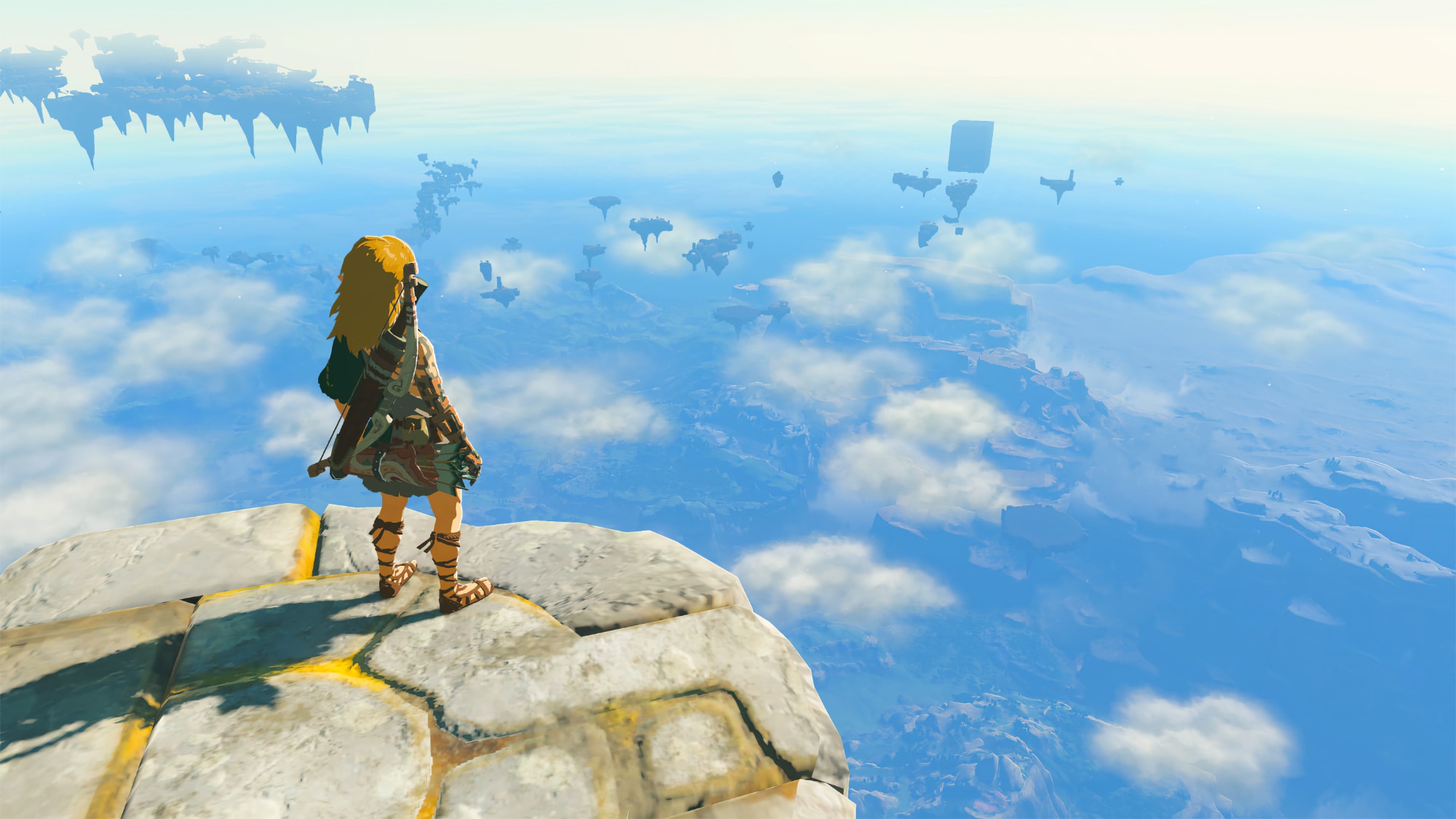
Tears of the Kingdom Has Shattered My Brain
I’ve started and scrapped several different versions of this blog. I’ve written entire paragraphs and deleted them immediately. I jotted down dozens of notes, applying virtually none of them to a broader essay or set of ideas. For lack of a better phrase, The Legend of Zelda: Tears of the Kingdom has broken me as a writer.
Startingly more so than its already acclaimed predecessor, Tears presents a seemingly ever-expanding arsenal of locations to explore, secrets to uncover, puzzles to solve, challenges to overcome, bosses to defeat, and story beats to unravel. Every time I complete a quest or discover a new tower, several new pathways toward fun and excitement emerge. I feel as though I’ve barely scratched the surface of what to expect even after dozens of hours of playing time.
Seeing players on social media construct wacky vehicles and torture devices with the Ultrahand ability showcases the vast opportunities for creativity that a game of this style has never presented before. My own experimentations with abilities like Ascend and Fuse have convinced me that I have never played anything so epic and action-packed with such a broad variety of potential outcomes for every scenario. As a result, reviewing a game at such a scale and with so much depth packed into every movement seems impossible, and even picking a single topic to write about feels like a Herculean task.
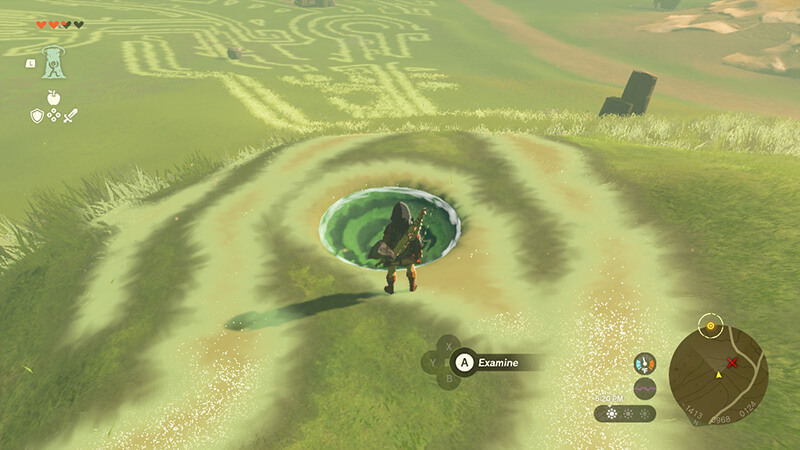
TOTK Elements I Wanted To Write Whole Essays About
I wanted to examine the narrative importance of transitioning from Calamity Ganon as the main villain in Breath of the Wild to Demon King Ganondorf in Tears of the Kingdom and how it underscores a recurring theme found in most Zelda games: that the emergence of evil is inevitable, though its form and the context around it can change immensely. But I kept hitting a wall because I had too many thoughts and not enough space for them.
I also started (and quickly stopped) writing about how Tears offering a completely new set of abilities continues a longtime series tradition of reinventing the wheel while simultaneously maintaining an understood framework, but quickly realized this would be a greater challenge to hammer down on paper than I anticipated.
At one point, I even considered recording a conversational piece with a friend about our experiences with the game so far, but shuddered at the thought of A) transcribing that much audio and B) potentially both of us missing major story beats or overworld discoveries, rendering the whole endeavor moot.
“How can I condense all the thoughts I’ve had about Tears of the Kingdom in just a couple thousand words?”
The Legend of Zelda: Tears of the Kingdom Is Wonderfully Indescribable
The comments from our Tears of the Kingdom impressions group piece paint a decent portrait of how many of this site’s (excellent) writers feel about the game, including me. But I can’t help but think we can do so much more, though I’m not sure exactly how much or what that would even look like.
How can I condense all the thoughts I’ve had in just a couple thousand words? When a game like this reimagines familiar experiences with an unprecedented level of mechanical freedom, is it possible to concisely describe such an experience in a way that does it justice?

The Best Thing About Tears of the Kingdom
This, perhaps, is Nintendo’s greatest achievement with its latest Legend of Zelda game: Any sort of writing about it, whether a rudimentary breakdown of gameplay or an academic review of larger themes, risks missing something critical, because it’s nearly impossible not to. The level of detail in every inch of Tears of the Kingdom—combined with its incredibly vast worlds to traverse—means we’ll be studying this game for decades, and I’ll never feel fully comfortable trying to encapsulate how I feel about anything worthy of that level of examination in just a blog post or two.
Every time I turn on my Switch to play Tears, a million thoughts pop into my head that I could potentially write about. But to be honest? I’d rather just keep playing. I want to be overcome with emotion during every flashback with the Sages. I want to conquer my fears and explore the pitch-black depths. I want to (internally) squeal like a fanboy every time I open a chest with some classic Zelda outfit piece. I want to find unconventional ways to complete shrines, and I want to create bizarre weapons and shields out of the spoils of my enemies.
Most of all, I want to simply feel every moment, and let the tremendous power of the entire experience wash over me. I want to continue getting lost while simultaneously feeling in control. Such is the greatest artistic potential of video games, a potential Tears of the Kingdom achieves in spades. Maybe someday I’ll have more to say about that, but for now, I just want to live in this version of Hyrule forever.

“Most of all, I want to simply feel every moment, and let the tremendous power of the entire experience wash over me.”
LIGHTNING ROUND!!!!!!!!!!!!!!!!!!!!!!!!!!!!!
(Warning: the lightest of spoilers ahead)
- Of all the incredible new additions to Tears of the Kingdom, by far my favorite is the Depths, both gameplay-wise and conceptually. There’s a full-sized, completely explorable underworld easily accessible through multiple points of entry? Everything there is pitch black at first? The hideous “gloom” envelops large portions of the land and poses a serious health risk to the player? There are entire mining operations here?!
- One of the more remarkable things about Tears as a sequel is that I cannot find a single thing its predecessor does better. Sure, video game sequels often refine mechanics, have more space for creative risks, and expand the scope of the experience, but it’s rare that a follow-up bests the original in every conceivable way.
- The level of creativity and variety around the Ultrahand and Fuse abilities is staggering, but I can never see myself building full-on mechs or massive trucks. Some of you need to relax!
- In a lesser game, an ability like Ascend would break the experience and make everything too easy. The way Nintendo expertly molded its world for Ascend in a way that doesn’t water down any architectural designs is something that should be taught in game development classes until the end of time.
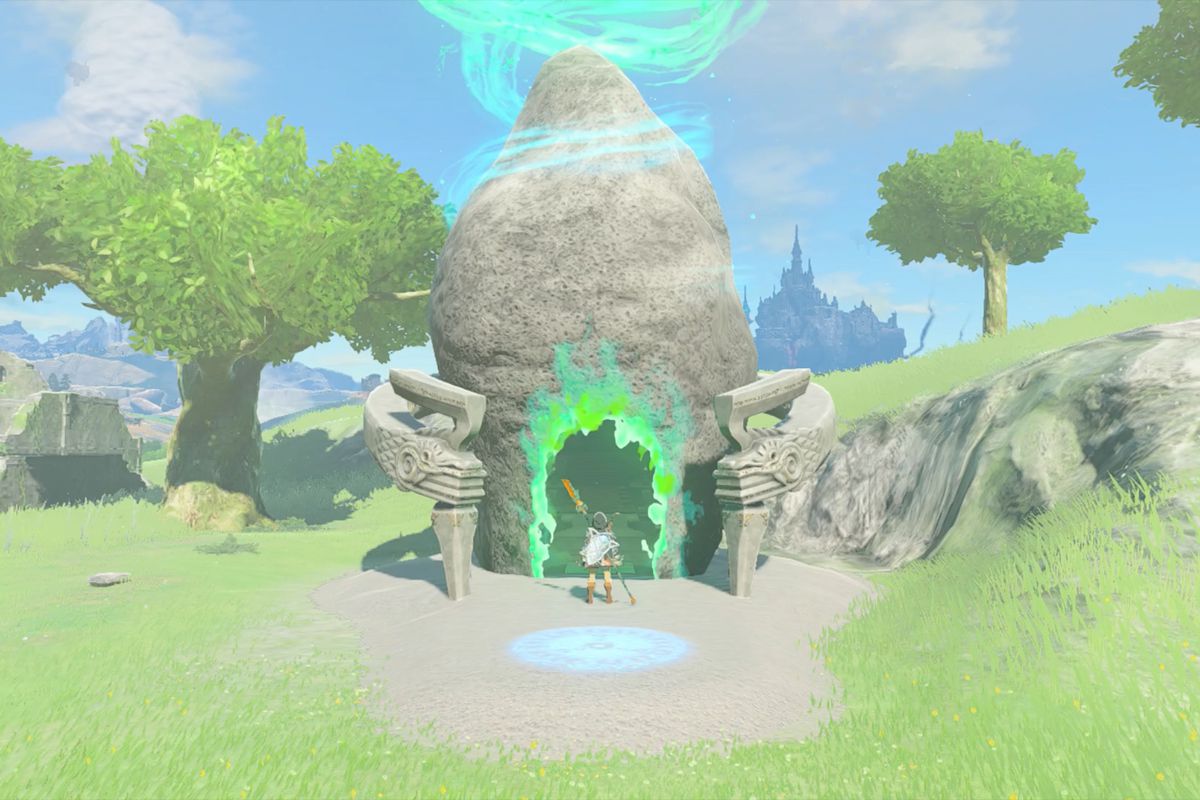
- The dungeons in Tears are a marked improvement upon those found in Breath of the Wild, but I still miss the more bespoke dungeon designs in games like Ocarina of Time and Skyward Sword. I’m not sure, however, that you can ask the player to solve the kinds of conventional puzzles found in the Forest Temple or Ancient Cistern with Tears’ set of abilities and approach to open-ended play. Still, those classic dungeons had a particular atmosphere and vibe to them that I don’t think really exists in the last two Zelda games.
- I’m nearly 60 hours into this game, and I’m still amazed at the layout of the sky islands. Some of the most clever puzzles and challenges are found up in the air, and the very notion that traveling long distances between islands is, in and of itself, a puzzle to solve makes me even more excited to explore what’s up there.
- My favorite weapons to craft with the Fuse ability often involve the remains of overworld bosses. Attaching a Stone Talus heart to a rusty broadsword makes for one of the goofiest-looking yet deadliest items imaginable.
- I don’t want to comment too much on Tears of the Kingdom’s main narrative, but I just want to say: It manages to depict something familiar to longtime Zelda fans, but has just enough of its own twists to stand out among the franchise’s best narratives.
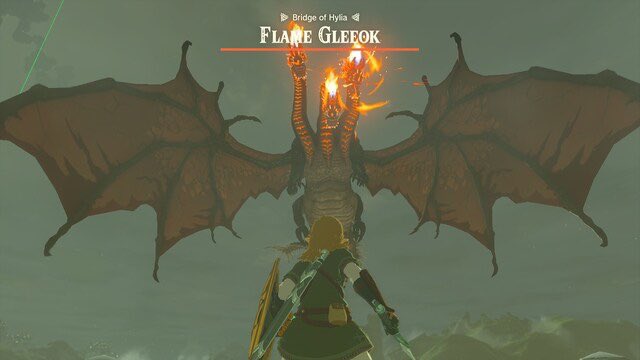
- Gleeok battles are easily better than any dragon fight in Skyrim, a game centered on dragons.
- The way every layer of the world is fully interconnected and intertwined is marvelous. Some of my favorite examples of this: You can find treasure maps in the sky for special chests in the depths; items you pick up in caves become useful (and sometimes essential) in non-cave areas; searching for geoglyphs on the mainland forces the player to become adept at navigating the skies; and placing wells at every stable further underscores the idea that every stratum of Hyrule in Tears has added depth.
- On a personal level, I’m still not sure where I’d place Tears of the Kingdom in my overall Zelda rankings. All I’ll say for now is that Breath of the Wild has been in my top five for a while, and Tears of the Kingdom is easily better than Breath of the Wild. Make of that what you will.
- Random things I like: journalism side quests, throwback clothing sets, dungeon-specific bosses, fighting like-likes, Link humming classic Zelda tunes while cooking
- Random things I dislike: I genuinely can’t think of anything other than a lack of dungeon creativity and maybe some shaky voice acting
Sam has been playing video games since his earliest years and has been writing about them since 2016. He’s a big fan of Nintendo games and complaining about The Last of Us Part II. You either agree wholeheartedly with his opinions or despise them. There is no in between.
A lifelong New Yorker, Sam views gaming as far more than a silly little pastime, and hopes though critical analysis and in-depth reviews to better understand the medium's artistic merit.
Twitter: @sam_martinelli.


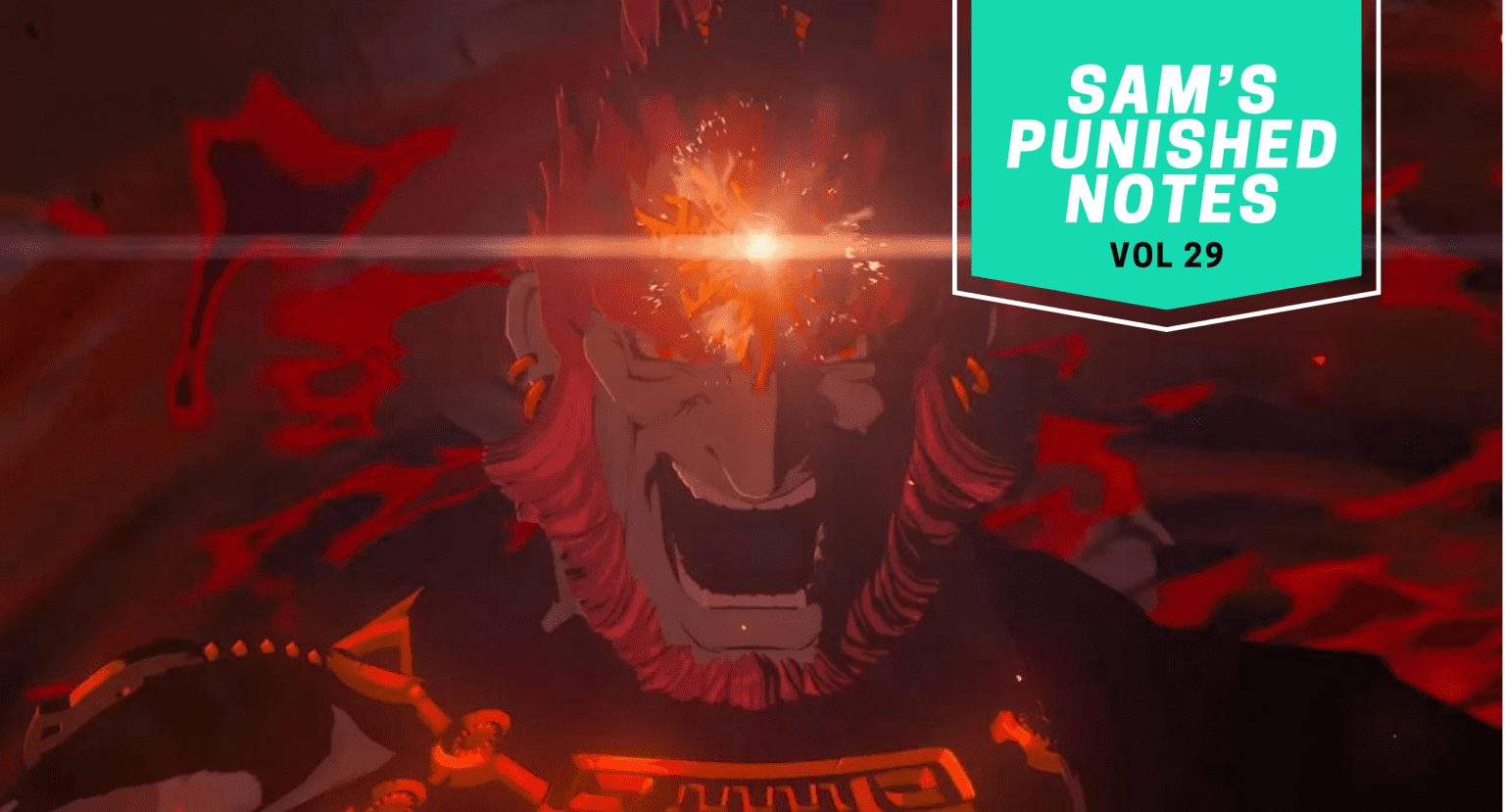





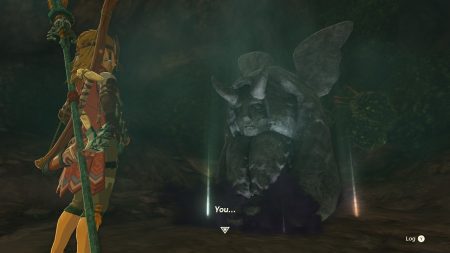


1 Comment
As someone with (somehow???) over 130 hours in TOTK, I totally agree. Didnt even like BOTW but this game is brain melting for all the reasons you mentioned. And also, recall! How tf do you put ascend, ultrahand, AND recall into one game and still make it playable, much less genuinely fun and challenging???